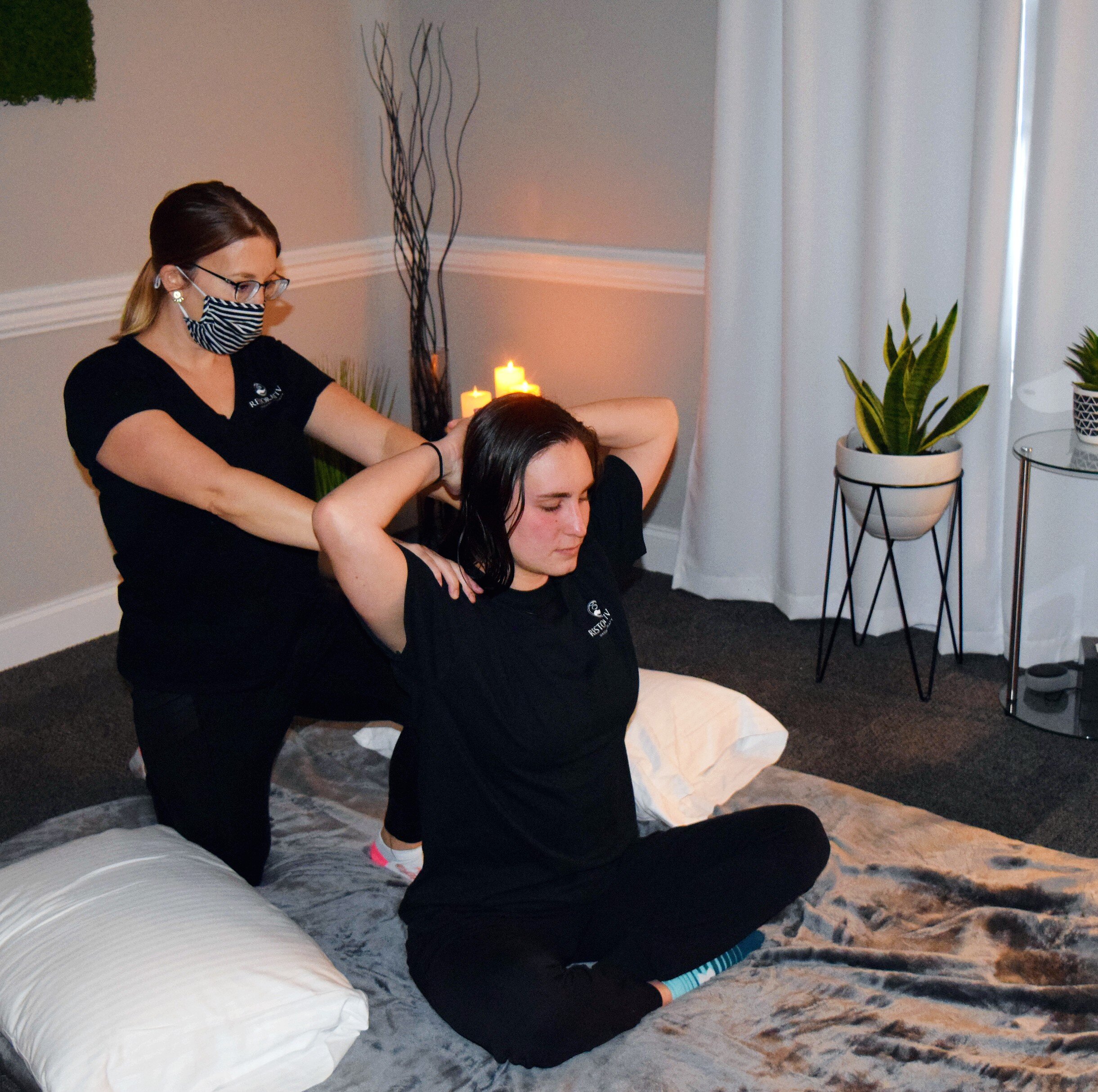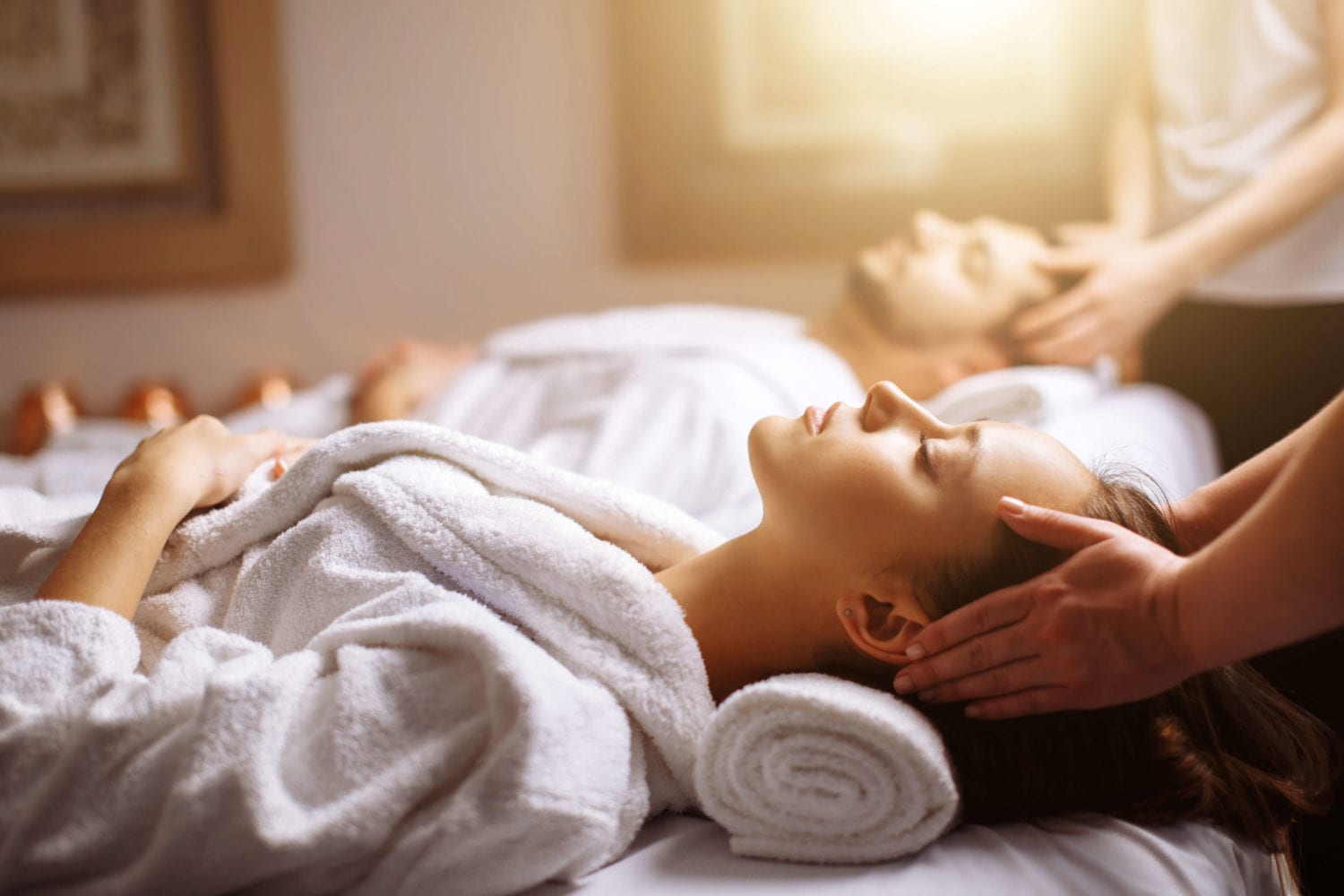According to research published in the International Journal of Older People Nursing, massages provided by therapists at residential care facilities can improve health and well-being. In a recent study, hand and foot massages improved residents’ moods and feelings in Japanese nursing homes. Participants also reported increased skin temperature and a relaxed state following fifteen-minute massage sessions. In another clinical study, participants in dementia-related disorders showed a reduced tendency to engage in aggressive behavior after receiving six massage sessions.
While massages can have numerous benefits, people with certain medical conditions should consult a doctor before receiving one. In particular, massages should not be performed if a person has a history of bleeding disorders or is taking blood-thinning medications. People with recent surgery, open wounds, and blood clots should avoid vigorous massages. Some people may also experience lightheadedness, sleepiness, or emotional effects following a massage.
Another benefit of massages is that they promote muscle recovery after exercise. A study showed that massaged muscles recovered 60 percent of their original strength, while non-massaged muscles recovered only 14 percent. Also, muscles that received massage had less muscle fiber damage and almost no white blood cells, a sign that the body is actively repairing muscle damage. A massage helps your body recover faster. It also increases blood flow to muscles, which prevents soreness after the next workout.
Another benefit of massages is that they can lower stress and anxiety levels. Massages affect two of the body’s nervous systems, the sympathetic and the parasympathetic. The sympathetic is responsible for driving the “fight or flight” response, while the parasympathetic is more relaxed and focused on everyday operations. Serotonin is an important neurotransmitter that impacts every part of the body. Serotonin is a natural mood stabilizer and decreases depression and anxiety.
When choosing a massage therapist, ask for referrals from friends, family, or your doctor. In addition, you can search online directories for a massage therapist or book a few sessions to get a feel for which therapist will work best for you. Once you find a therapist you like, schedule an appointment and discuss expectations and goals with him or her. The session will go more smoothly if you communicate with the therapist beforehand.
Deep tissue massage is particularly beneficial in relieving chronic muscle pain. Deep tissue massage is especially helpful in healing chronic muscular tension, including pain from sports. Trigger points, which are tiny spots in the tissue that cause muscle spasms, are also targeted by trigger-point massage. When massaged with a trigger-point technique, the trigger-point area is stimulated and blood flow is increased, which may ease chronic pain and inflammation. It’s also a good option for recovering from an injury.
Massages have many health benefits. They improve circulation, reduce blood pressure, and help people relax. Many studies have shown that massages can even reduce pain and anxiety. People also benefit from massage therapy to treat conditions such as osteoarthritis, fibromyalgia, and muscle aches and pains. Additionally, many people have found massages to relieve cancer-related symptoms and side effects. For a more detailed look at the benefits of massages, visit the Mayo Clinic website.









